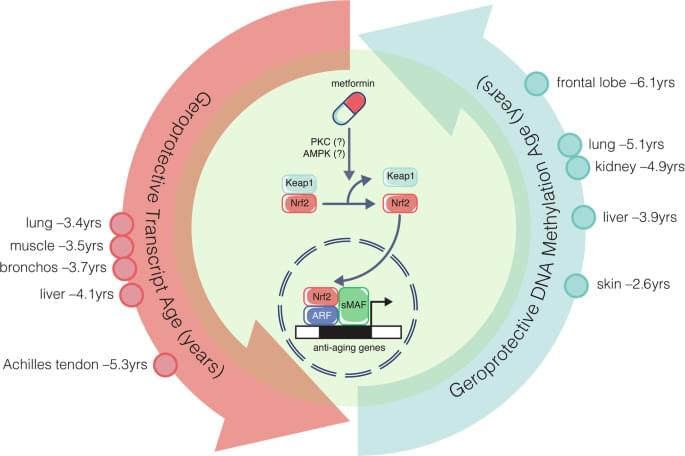On stage at Imagination In Action’s AI Summit in Davos with John Werner, founder and CEO of Imagination In Action, Yann LeCun discusses the inevitable shift from current large language models to a new paradigm of “physical AI” based on world models. LeCun opens up about the importance of maintaining open-source research to mitigate the geopolitical risks of concentrated AI power.
Fuel your success with Forbes. Gain unlimited access to premium journalism, including breaking news, groundbreaking in-depth reported stories, daily digests and more. Plus, members get a front-row seat at members-only events with leading thinkers and doers, access to premium video that can help you get ahead, an ad-light experience, early access to select products including NFT drops and more:
https://account.forbes.com/membership/?utm_source=youtube&ut…ytdescript.
Stay Connected.
Forbes newsletters: https://newsletters.editorial.forbes.com.
Forbes on Facebook: http://fb.com/forbes.
Forbes Video on Twitter: http://www.twitter.com/forbes.
Forbes Video on Instagram: http://instagram.com/forbes.
More From Forbes: http://forbes.com.
Forbes covers the intersection of entrepreneurship, wealth, technology, business and lifestyle with a focus on people and success.







